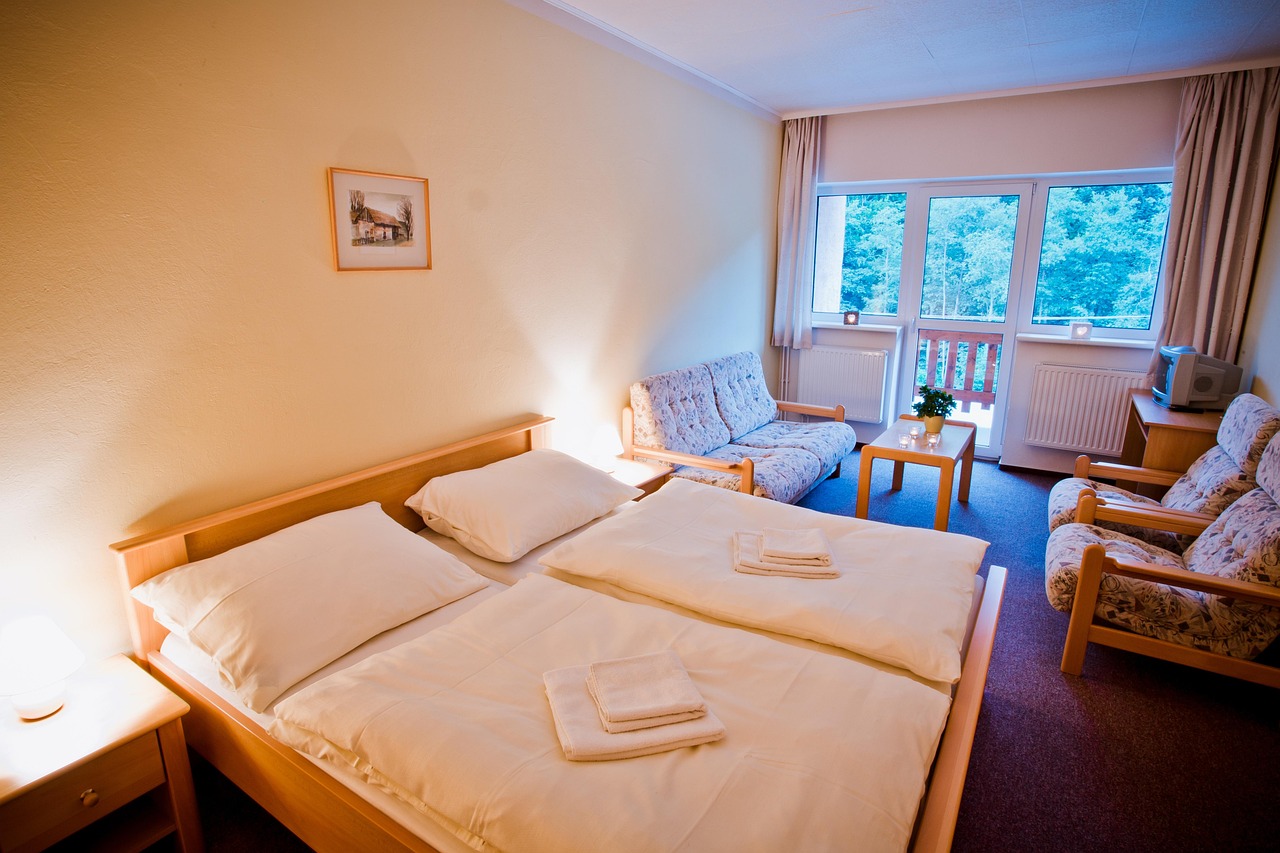How to Build a Portfolio of Short-Term Rental Properties
The short-term rental market in Nigeria is rapidly growing, driven by increasing tourism, business travel, and the rise of digital nomads.
Platforms like Airbnb, Booking.com, and private rental networks have made it easier for investors to generate income from short-term rentals.
If you’re looking to build a portfolio of short-term rental properties in Nigeria, here’s a step-by-step guide to help you succeed.
1. Research the Market
Before investing in short-term rental properties, conduct thorough market research to understand the demand, pricing, and competition in different locations. Consider factors like:
- Tourist attractions: Lagos, Abuja, Calabar, and Jos are popular destinations.
- Business hubs: Short-term rentals in business districts like Victoria Island and Ikeja (Lagos) or Wuse and Maitama (Abuja) attract corporate travelers.
- Regulations: Some states and local governments may have specific regulations for short-term rentals.
- Occupancy rates: Check the average occupancy rates on platforms like Airbnb to determine profitability.
2. Choose the Right Locations
Location is a key factor in the success of short-term rentals. The best areas for investment include:
- Lagos: Victoria Island, Lekki, Ikoyi, Ikeja, and Yaba.
- Abuja: Wuse, Maitama, Garki, and Jabi.
- Port Harcourt: GRA Phase 2 and 3.
- Calabar: Close to tourist sites.
- Enugu: New layout areas with high demand.
Choose locations that offer a mix of tourism, business activities, and accessibility to airports, transportation, and entertainment hubs.
Read This: Interior Design Tips to Make Your Short-Term Rental Stand Out
3. Acquire Your Properties
Once you identify potential locations, the next step is acquiring properties. Consider the following acquisition methods:
- Outright Purchase: Buying properties allows you to have full control and long-term asset appreciation.
- Leasing and Subletting: Rent a property under a long-term lease and list it for short-term rental (with the landlord’s consent).
- Joint Ventures: Partner with property owners to operate short-term rentals while sharing profits.
- Renovating Existing Properties: If you own a property, consider upgrading it for short-term rental use.
4. Furnish and Design for Comfort
Short-term rentals need to be well-furnished to attract guests. Invest in:
- Modern and stylish furniture
- Comfortable bedding and linens
- Fully equipped kitchens
- Reliable Wi-Fi and smart TVs
- Air conditioning and power backup solutions (inverter or generator)
- Security features (CCTV, access control, alarms)
- Aesthetic decor to appeal to guests
5. List Your Property on Rental Platforms
To attract bookings, list your property on popular short-term rental platforms like:
- Airbnb
- Booking.com
- Jumia Travel
- Vrbo
- Facebook Marketplace and Instagram for direct bookings
Ensure your listings have high-quality photos, detailed descriptions, competitive pricing, and positive guest reviews.
6. Optimize Pricing and Management
- Dynamic Pricing: Adjust your pricing based on demand, seasons, and local events.
- Automated Bookings: Use property management software like Hostaway, Guesty, or Tokeet.
- Regular Cleaning and Maintenance: Hire a professional cleaning service for turnover between guests.
- Customer Service: Provide excellent communication and guest support to get positive reviews.
7. Scale Your Portfolio
As you gain experience, reinvest your profits into expanding your short-term rental portfolio. Consider:
- Buying multiple properties in different locations
- Leveraging bank loans or real estate financing
- Partnering with investors to acquire more properties
- Automating operations for seamless management
8. Stay Compliant with Legal and Tax Regulations
Short-term rental income is taxable in Nigeria. Ensure compliance with:
- Tenancy laws and rental agreements
- Local government regulations on property usage
- Payment of Value Added Tax (VAT) if applicable
- Filing income tax on rental earnings
Read This: How to Optimize Your Short-Term Rental Listing for More Bookings
Conclusion
Building a portfolio of short-term rental properties in Nigeria is a lucrative investment opportunity.
With proper research, strategic location selection, high-quality furnishings, and efficient management, you can create a profitable and sustainable short-term rental business.
By reinvesting your profits and scaling your operations, you can grow your portfolio into a thriving real estate venture.

